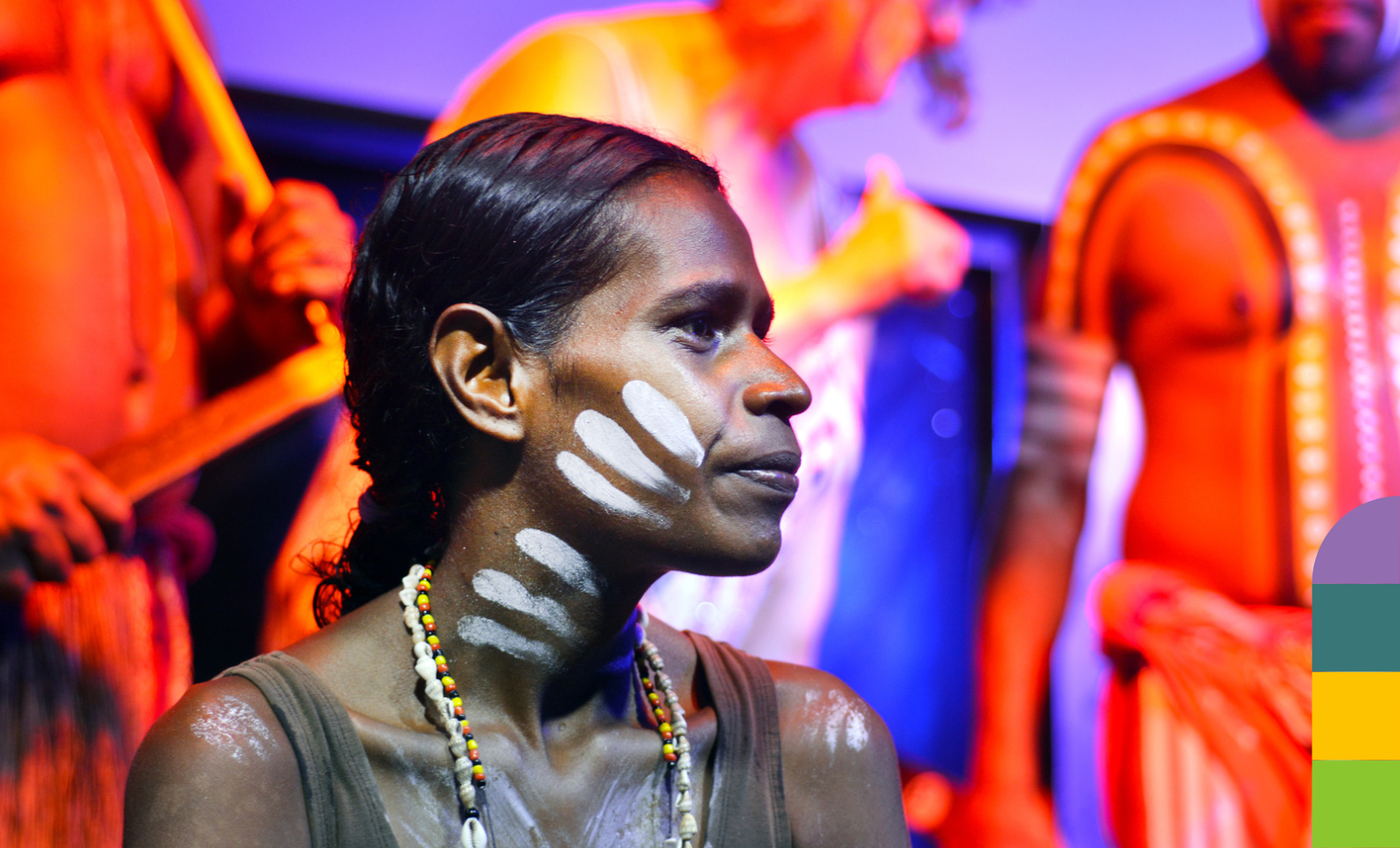Celebrating NAIDOC Week: Why It Matters for Australia’s Indigenous Culture
NAIDOC Week holds significant meaning for Australians as it provides a dedicated time to celebrate and honour the history, culture, and accomplishments of Aboriginal and Torres Strait Islander peoples. The week-long event, which takes place in the first week of July each year, is organised by the National Aboriginal and Islander Day Observance Committee (NAIDOC) and invites individuals from all backgrounds to participate in various activities that shed light on the diverse cultures of First Nations peoples.
The theme chosen for NAIDOC Week from last year was, “For Our Elders,” carries profound symbolism and recognition for the pivotal role played by elders in Aboriginal and Torres Strait Islander communities. The theme underscores the vital responsibility elders hold in passing down knowledge, wisdom, traditions, and languages to younger generations. Moreover, it acknowledges the immeasurable contributions made by elders in sustaining and strengthening their communities and cultures. By acknowledging and celebrating the invaluable wisdom and experiences of elders, we pay tribute to their stories, sacrifices, and achievements.
This year’s NAIDOC Week presents an ideal opportunity not only to commemorate the accomplishments of Aboriginal and Torres Strait Islander Elders but also to learn from their extensive wisdom. It calls upon individuals to join hands and commit to collaboratively fostering a more just and equitable society for all Australians.
Here are several meaningful ways to engage in the celebrations of NAIDOC Week:
- Attend a NAIDOC Week event in your local community: Participate in the vibrant array of events organised throughout the week, such as art exhibitions, traditional dance performances, cultural workshops, and storytelling sessions. These events offer a unique chance to immerse yourself in the richness of Aboriginal and Torres Strait Islander cultures.
- Learn about Aboriginal and Torres Strait Islander culture and history: Take the time to explore and deepen your understanding of the diverse cultures and historical experiences of Aboriginal and Torres Strait Islander peoples. Educate yourself through books, articles, and online resources that provide insights into their art, music, spirituality, land management practices, and significant historical events.
- Engage in conversations with Aboriginal and Torres Strait Islander Elders: Seek out opportunities to engage in respectful and meaningful dialogue with Elders. Their wisdom and firsthand experiences can provide valuable insights into the complexities and richness of their cultures. Through these conversations, you can gain a deeper appreciation for the resilience, wisdom, and cultural knowledge that have been passed down through generations.
- Support projects benefiting Aboriginal and Torres Strait Islander communities: Identify local projects or initiatives that aim to empower and support Aboriginal and Torres Strait Islander communities. Volunteer your time, skills, or resources to contribute positively to these projects. By actively participating, you can help create positive change and make a meaningful impact.
To further expand your knowledge and understanding of Aboriginal and Torres Strait Islander Elders, consider the following avenues:
- Read books and articles about Aboriginal and Torres Strait Islander culture and history: Delve into a diverse range of literature written by Aboriginal and Torres Strait Islander authors that highlight their experiences, histories, and perspectives. These literary works provide a valuable platform for gaining deeper insights and fostering cultural understanding.
- Watch documentaries and films: Explore documentaries and films that offer authentic portrayals of Aboriginal and Torres Strait Islander peoples and their communities. These visual mediums provide compelling narratives that shed light on their histories, contemporary issues, and cultural practices.
- Visit an Aboriginal or Torres Strait Islander community: If the opportunity arises, consider visiting an Aboriginal or Torres Strait Islander community. This firsthand experience can offer a unique and immersive encounter with their culture, traditions, and ways of life. It is essential to approach such visits with respect, sensitivity, and a willingness to listen and learn.
- Engage in conversations with Aboriginal and Torres Strait Islander Elders: Building upon the earlier suggestion of engaging in conversations with Aboriginal and Torres Strait Islander Elders, it is important to actively listen and engage in meaningful dialogue. Elders possess a wealth of knowledge and wisdom accumulated over a lifetime, and their stories provide valuable insights into the history, traditions, and cultural practices of their communities. By respectfully seeking their guidance and understanding, we foster mutual respect and appreciation.
Furthermore, NAIDOC Week serves as a reminder of the ongoing journey towards reconciliation and the creation of a more inclusive society. It encourages individuals to reflect on the historical injustices faced by Aboriginal and Torres Strait Islander peoples and to work towards addressing the existing disparities. Through education and awareness, we can challenge stereotypes, prejudices, and systemic barriers that hinder equality.
In classrooms and educational institutions, educators can incorporate Aboriginal and Torres Strait Islander perspectives and histories into their curriculum throughout the year. This ensures that the recognition and celebration of First Nations cultures extend beyond NAIDOC Week. By promoting a deeper understanding of the unique contributions and challenges faced by Aboriginal and Torres Strait Islander peoples, we foster empathy and respect among future generations.
Organisations and workplaces can also play an active role in supporting NAIDOC Week. They can host cultural awareness workshops, invite guest speakers from the Aboriginal and Torres Strait Islander communities, and develop partnerships with Indigenous-owned businesses and organisations. These initiatives foster an environment of inclusivity and demonstrate a commitment to reconciliation beyond the designated week.

It is crucial to recognise that NAIDOC Week is not just a time for celebration, but also an opportunity to address ongoing issues faced by Aboriginal and Torres Strait Islander peoples. The week may serve as a platform for discussions on land rights, self-determination, healing, and closing the gap in health, education, and employment outcomes. By engaging in these conversations, advocating for change, and supporting initiatives that address these disparities, we actively contribute to a more equitable society.



